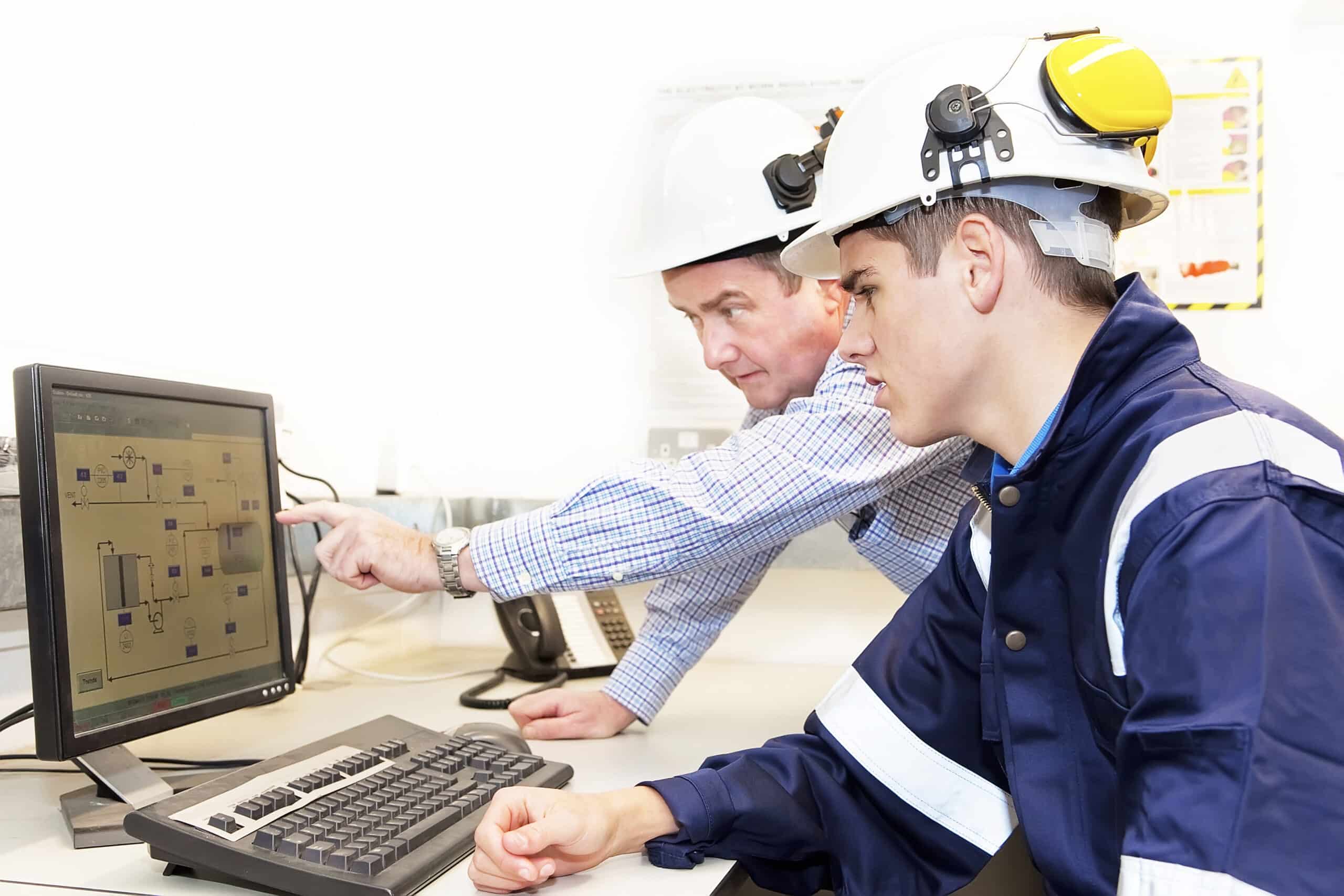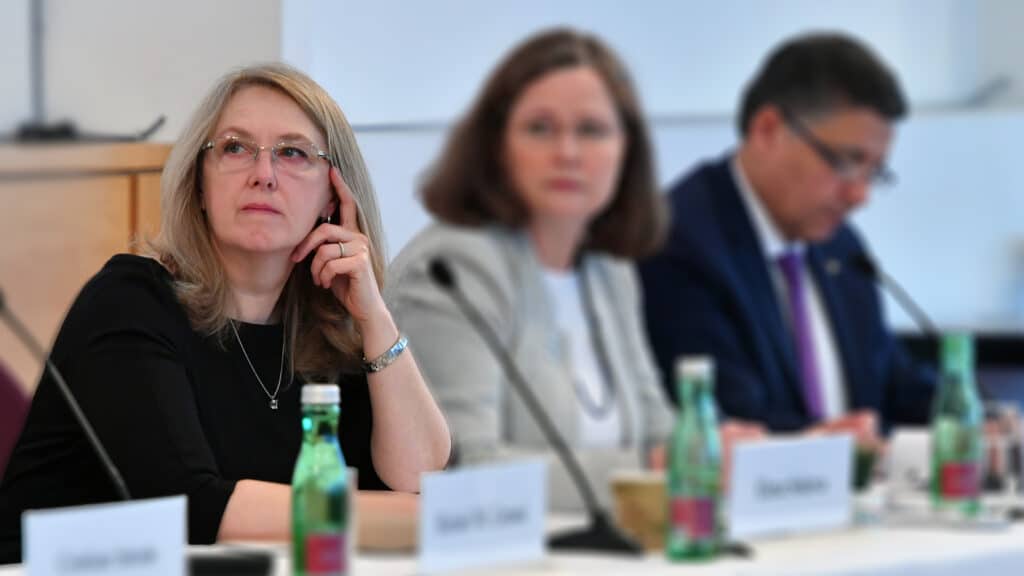7 Reasons Why Now is a Great Time to Work in the UK Nuclear Industry

7 Reasons Why Now is a Great Time to Work in the UK Nuclear Industry
 I have spent the best part of the last decade as CEO of Thomas Thor Associates, a recruitment company whose sole focus is helping people to find job opportunities in the global nuclear industry. My experiences over these years have included literally thousands of conversations with employers and employees in the global nuclear industry, spanning across more than 30 countries. I am writing this article because what I see in the UK now and in the future is something quite special. I would like to share some of the reasons why I feel that now is a great time for a career in the UK nuclear industry:
I have spent the best part of the last decade as CEO of Thomas Thor Associates, a recruitment company whose sole focus is helping people to find job opportunities in the global nuclear industry. My experiences over these years have included literally thousands of conversations with employers and employees in the global nuclear industry, spanning across more than 30 countries. I am writing this article because what I see in the UK now and in the future is something quite special. I would like to share some of the reasons why I feel that now is a great time for a career in the UK nuclear industry:
1. The pipeline of work over the next 25 years and beyond is full
Recent announcements from companies like EDF regarding the Hinkley Point C new build programme, and Hitachi’s long term investment in the UK for the Horizon new build programme are great news for jobs, but they are really just the tip of the iceberg. Other job opportunities exist in decommissioning at sites such as Sellafield and the wave of plant decommissioning that will start in the next decade, as the UK nuclear fleet reaches the end of its operational lives. There are also career opportunities in research, with organisations such as CCFE (Culham Centre for Fusion Energy) at the cutting edge of new technology, and the Regulator (ONR) that oversees the industry. But in addition to all of the above, the volume of career opportunities in supply chain organisations that will make all of these projects possible will be the greatest of all. The pipeline of work is closer to 100 years, but having a positive outlook for the next 25 years is more than enough to give us confidence in the stability and security of career opportunities.
2. Training and career development support is world class
All you need do is visit the website of any organisation involved in the UK nuclear industry and you will see their dedication to training and the development of employees. In addition to this formal development, some of the best examples I have heard from people in the industry about their development have come from industry working groups or peer to peer cooperation. The UK nuclear industry is literally teeming with both formal and informal groups of peers from different organisations, cooperating to help each other. There are various skills councils and the National Skills Academy for Nuclear, as well as Women in Nuclear and the Young Generation Network to name just a few. Formal training is excellent, but the value that people in the UK nuclear industry get from interacting with their peers is a clear differentiator from other industries. The even better news is that from my experience, employers actively encourage such interaction and it happens during normal working time, with events often being hosted by companies in the industry.
3. Graduate, mid-career or retiring? All three are in a golden era
Let me deal with each career stage in turn:
Graduates – the graduate development programmes across the UK nuclear industry are world class, and the culture of support and mentoring in the industry is an absolute gift to the current generation of graduates. Many people in the industry are getting close to retirement and a primary objective that the retiring generation share is to transfer their skills to the next generation. Having seen how graduates are developed in many other industries, I cannot think of another industry that puts as much time, effort and care in to developing the young generation.
Mid-career – quite simply there are not enough experienced people at the mid-career level in the nuclear industry. This means that demand is greater than supply, meaning more job security, as well as a raft of approaching promotion opportunities as the generation above starts to retire.
Retiring – In 2002 there was a big concern in the UK and the US that the wave of approaching retirees would leave the industry decimated. This has not happened. As well as some people choosing to work longer, many others have continued as consultants in delivering projects, overseeing work, training others or acting as advisors. These opportunities will continue long in to the future and many people retiring from the industry will have the choice of working as much or as little as they please as they transition to retirement.
4. There are opportunities to work internationally and advance your career at the same time
The nuclear industry is a truly global one, and the respect that the UK nuclear industry and supply chain has internationally is of a gold standard. It is therefore highly likely over the course of a career that opportunities will arise to live and work abroad, either through a UK employer or directly. As the new wave of nuclear newcomer countries grows, many such interesting opportunities will increase. The number of British people working in countries like Canada, South Africa and the UAE shows that international opportunities have existed for quite some time.
5. The integrity and professionalism of your colleagues is second to none
In my humble opinion this is the greatest differentiator between the nuclear industry and all other industries. I have never seen such care and support for colleagues and peers as I have in the nuclear industry. Ultimately, the thing that has most influence on whether someone enjoys going to work or not is their interaction with people during the course of their work. To work in a supportive environment with intelligent people, with high integrity and a genuine interest in your success and development is something to be valued greatly.
6. The chance to work with new and cutting edge technologies
Whether it is Generation 4 nuclear reactors, SMRs, Nuclear Fusion, innovative waste treatment techniques, robotics, cyber security, computer modelling or simulator technology, the UK nuclear industry is involved at the cutting edge of new technology development and deployment.
7. You are contributing to carbon free energy or solving the nuclear waste challenge
Really this could be number one on this list. It is widely accepted that as a global population, we should be working together to reduce carbon dioxide in the atmosphere. Supporting the generation of clean electricity is a positive contribution in this respect. It is also of great importance to safely store and dispose of the waste created in the generation of nuclear power, and contributing to this effort would make nuclear power an even more viable and clean option for our future energy needs.
Callum Thomas
CEO
Thomas Thor Associates
Share this article
Related articles
Help us grow and achieve your potential at a values-driven business.




